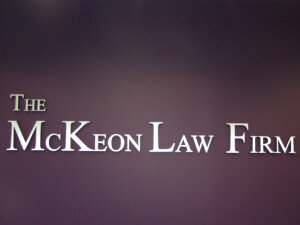How to Avoid Financial Mistakes During a Divorce

Divorce can leave you feeling vulnerable. However, it’s important to focus on financial details during this time as your future depends heavily on your divorce settlement. Your legal counsel should be experienced in the division of marital and separate assets, and have a passion for advocacy on behalf of their clients. “Equitable distribution” is not the same as an even 50/50 split of all assets, so pay attention to financial matters throughout your divorce proceedings.
Watch your financial budget
Now is the time to carefully assess your income and expenses. Because you may eventually have less money to live on than you did before your divorce, you need to be mindful of how your financial situation is going to change. Be careful not to increase your debt load, keep spending to a minimum, and instead of putting aside money, which could be later divided, use funds to pay down debts in your sole name.
Don’t quibble over minor things
Keep your attention focused on issues that will affect your financial future. Nit-picking over small details will exhaust you – emotionally and financially. Keep an eye on the big picture.
Make copies of financially relevant documents
Your future standard of living depends on how assets and liabilities are divided in your divorce. Make copies of W-2s and other earning statements; checking, savings, and investment account statements; deeds and evidence of property holdings, including timeshares; IRA, 401(k) and stock holdings; and all other pertinent financial documents. Keep an extra copy of your asset statements with your attorney. Consider photographing valuable assets such as jewelry or other luxury items, and seek counsel from an experienced divorce attorney who can provide forensic accounting that will reveal assets your spouse may be hiding.
Protect your financial credit rating
If you think you may be divorcing, pay off, or pay down, your joint debts. Keep in mind that even if specific liabilities are assigned to your ex, the companies will still consider you legally obligated for the joint debts. If unpaid, these debts will negatively impact your credit rating and can prevent you from making major purchases after your divorce.
If you are divorcing, work with an experienced attorney and focus on the future. By taking proactive steps and maintaining a broad view, you’ll avoid making financial mistakes that come with serious negative consequences.



